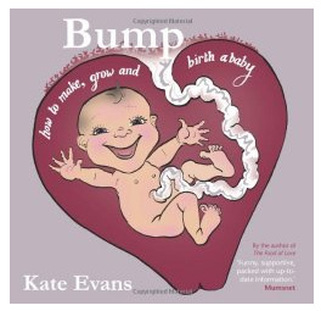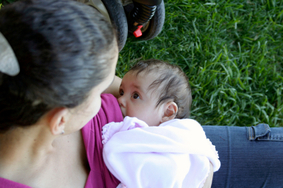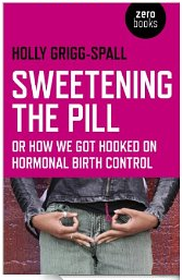
If you want to get pregnant, the NICE Fertility guidance recommends that you have vaginal sexual intercourse every 2 to 3 days.
For many this is great news. At last – freedom from contraception! Woo Hoo!
Others will find that their hearts sink.
Maybe you don’t have sex that often (which is fine - you're not alone*), or your patience is limited, or you have a slightly more varied approach to sex (which is fine as well - just so long as everyone is happy).
If that any of that sounds like you, then you might benefit from having some
For many this is great news. At last – freedom from contraception! Woo Hoo!
Others will find that their hearts sink.
Maybe you don’t have sex that often (which is fine - you're not alone*), or your patience is limited, or you have a slightly more varied approach to sex (which is fine as well - just so long as everyone is happy).
If that any of that sounds like you, then you might benefit from having some







